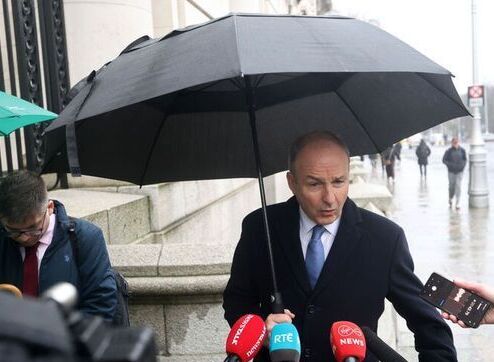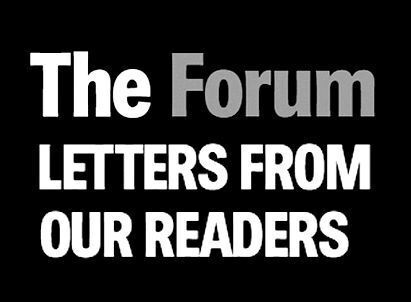Fiach Moriarty's "The Revolution" is a stand-out album on a number of levels.
By Colleen Taylor
For centuries, Irish history has given rise to good music, and in turn, history has scrutinized music as a substructure for its progress. Singer-songwriter Fiach Moriarty, however, has turned the musical lens back on the concept of history itself. This time, music gives rise to a scrutiny of history. The songwriter’s latest album, “The Revolution,” examines a number of historical moments, from 1916 and World War I to the San Patricios, in soft balladeer tones and peppy pop-rock jams alike.
Dubliner Fiach Moriarty began his career in 2010 with the release of his debut album, “So I,” which was heralded by RTE and by a wide Irish listening community for its inventive incorporation of strings orchestration. It was named “Album of the Week” in Ireland immediately after its release. Since then, Moriarty has earned the praise and support of Irish music legends like Paul Brady, Mary Black, and Damien Dempsey. In the interim between his sophomore album release, Moriarty spent his time touring around Ireland, the UK, Australia, and North America. Most recently, he’s promoting his latest work around Ireland. For all his past accolades, it’s his most recent album, “The Revolution,” that caught my attention.
The music of “The Revolution” is constantly traversing the timeline, never settling in one particular decade or style. Moriarty has mastered a mysterious kind of magic which turns his musical orchestration into a time machine, allowing you to be in two centuries at once, from a Beatle-esque 1960s rock sound to a modern-day electro vibe, and even a 19th century acoustic guitar ballad. It’s astounding the way he can meld all these times and genres into one song. His music not only examines history and war through its lyrics, but conjures a number of pasts through sound alone. To listen to his work is to travel in a time machine. “The Revolution” is like a sci-fi film and history documentary rolled into one polished, cohesive, eclectic sound.
For instance, when I listen to his track “The Mother” I’m placed in mid-19th century Western America, while the title track, “The Revolution,” invokes 1960s British rock invasion. “Nightingale” is the most contemporary-sounding track on the album, and it’s a beautiful love song. “Mount Street Bridge” is the keynote Irish track, dealing with—as the title suggests—the 1916 Rising’s Battle of Mount Street Bridge. Not only is it a truly gorgeous ballad, it is a moving tribute to the history of the battle itself, to what was lost. The lyrics imaginatively engage with what both the volunteers and the British soldiers might have been thinking as the battle commenced—their dreams, their prayers. The song is modern and original, yet honors the integrity of the historical moment. Moriarty recently performed an exquisite, dramatic rendition of “Mount Street Bridge” with the RTE Concert Orchestra as part of Dublin’s Culture Night last month (the video of that performance is available online).
Throughout the album, Moriarty crafts a moving soliloquy of the inner most thoughts of a soldier on the eve of battle—why he’s fighting, what he fears. The ultimate result is a very moving experience that is both musically creative and lyrically powerful. That said, one of my favorites on the album, “Rain Drops” offer joyous reprieve from the intensity of the album’s subject matter. As a cohesive whole, “Revolution” deftly balances a meditation on history, inward subjectivity, a myriad of genres and orchestrations, elegy and happy energy.
“The Revolution” is a stand-out album for a number of reasons: its timelessness, its genre crossovers, its historical scrutiny, and quite simply, its unique sounds. Check it out at: fiachmusic.com.









